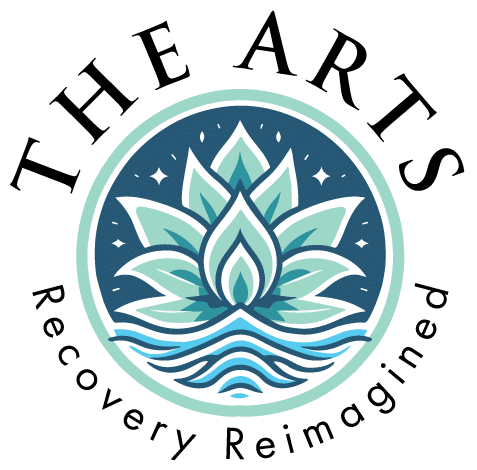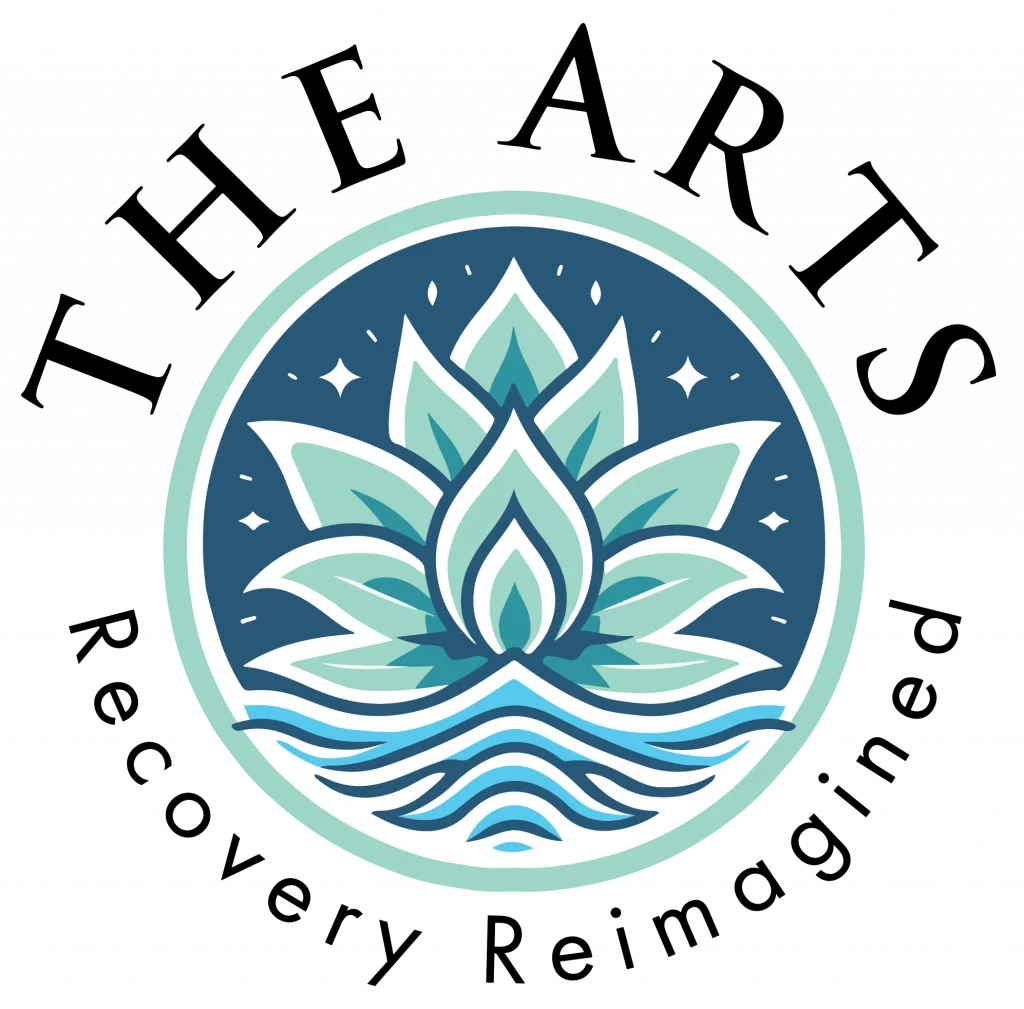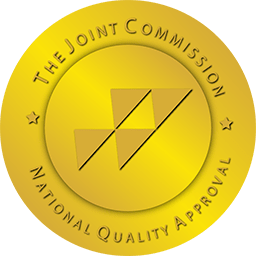Demi Lovato once said, “One of the hardest things was learning that I was worth recovery.” For many people, recovery is not an ending but a powerful new beginning. Recovery can teach many things beyond abstinence; it can help people discover strengths and wisdom they didn’t know they had, along with deep personal insight. While every person undoubtedly learns many unique life lessons in recovery, this article will focus on four themes that many people share–acceptance of personal responsibility, the value of a support network, the importance of healthy coping mechanisms, and how to better appreciate life’s simple pleasures.
Personal Responsibility
In recovery, personal responsibility begins with acknowledging and accepting your choices and how those choices have affected others in your life. Recovery programs like Alcoholics Anonymous (AA) or SMART Recovery often emphasize self-reflection, making amends, and becoming more accountable. People often learn to focus on what they can change instead of what they can’t. During recovery, personal responsibility is practiced daily by creating healthy habits, focusing on your goals for treatment, and learning to ask for help when needed. The goal of recovery is not perfection. Instead, better goals for recovery are learning to recognize that you are not perfect, that you are a work in progress, and that you can accept yourself for who you are and who you’ve been in the past.
The Value of a Support Network
Healthy relationships and community are the bedrock of lasting recovery and one of the most important life lessons you’ll learn living in recovery. Surrounding yourself with positive, supportive people who know your journey and will support your sobriety will give you the space to continue your growth outside of rehab. A good support network will provide accountability, encouragement, and a sense of safety. Every person’s support network will look different, but it often includes individual or group therapy and support meetings, all of which help remind us that we are not alone. Recognizing that healing happens through connection and not in isolation is so important.
Developing Healthy Coping Mechanisms
Learning how to cope with stress and emotions is one of the more skill-based life lessons in recovery. Accepting stress as a regular part of life is one step; step two is developing techniques that work for you to manage it. For many people, this includes exercise, mindfulness, breathing exercises, or other creative outlets. Regulating emotions is another life lesson many learn in recovery. This is easier said than done for many, but therapy, support groups, and journaling help people learn to process difficult emotions in a healthy way. Developing healthy coping mechanisms is an important step to a life of fulfillment after addiction.
Appreciating Life’s Simple Pleasures
“It was not circumstances that made me unhappy; I was unhappy due to my own expectations.” People often express this type of sentiment in recovery. Learning to appreciate life for what it is can bring joy in life’s simplest moments. It really is the small things–a warm cup of coffee on a quiet, calm morning, a sunrise or sunset, rain on the window, a fun conversation with your sibling. Learning to live in the moment is something that everyone must work on, and it can create time and space for gratitude. Studies have consistently shown the importance of gratitude in recovery, and practicing it regularly can reduce stress and anxiety, encourage emotional resilience, and improve overall mental health.
The ARTS Can Help
Living in recovery is not just about abstaining from substances—it’s about rediscovering your worth and building a life of fulfillment. All of us are works in progress; you are not alone. Recovery is possible; growing through personal responsibility with friends and community will help you get there. If you or a loved one are seeking support, the Addiction Recovery and Treatment Services Intensive Outpatient Program (ARTS IOP) offers individualized, evidence-based care and therapies. We believe in caring for the whole person and understand that your story is unique. Contact us today to learn more.
Can recovery help someone rediscover their identity?
Absolutely. In fact, recovery can be described as a journey of rediscovery. Substance use and addiction often disconnect a person from their values, goals, and passions, which is one reason it can feel so lonely. Recovery is about finding out who a person is without substances. Many people in recovery find they have more time in their day, which is great for reconnecting with the hobbies and talents that were once a big part of their identity.
Why is gratitude such a big part of recovery?
Practicing gratitude is often described as transformative because it helps people shift their focus from what’s missing (often our expectations) to what is meaningful (what we are grateful for). Studies have shown that regularly practicing gratitude supports long-term sobriety, and AA emphasizes gratitude as a core tenet of its philosophy. Gratitude is not about pretending everything in life is perfect; instead, it can become a mindset of hope, healing, and new possibilities.
How does recovery teach people to build healthier relationships?
Throughout recovery, there are many opportunities to learn important skills to have healthier and happier relationships. Boundary setting, effective communication, and understanding your emotional needs and the emotional needs of others are all part of the learning process. Many people who go through recovery change how they interact with their friends and loved ones. It is not uncommon for addiction to have damaged or caused significant strain on relationships, so working to repair and rebuild them is an important life lesson you can learn living in recovery.
Is it normal to continue learning new lessons as recovery continues?
It’s not only normal, it’s encouraged and hoped for! Recovery in itself is not a destination but a process. Growth and discovery while in recovery will often continue for a lifetime, though the stages of recovery will evolve. Early recovery often focuses on repairing relationships and establishing stability. As people progress in recovery, they might spend more time focusing on deeper emotional work or trauma from their past. Therapy is often a regular part of the learning process. Because we are all works in progress, our goals, focus, and learning will all evolve, helping us to become the best version of ourselves that we can be. Granted, learning takes time and energy, but don’t be surprised if you eventually come to appreciate learning new life lessons in recovery.
